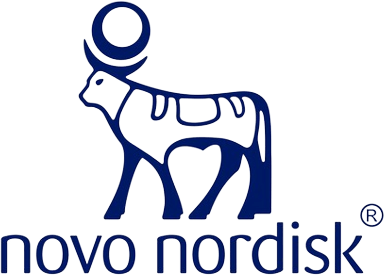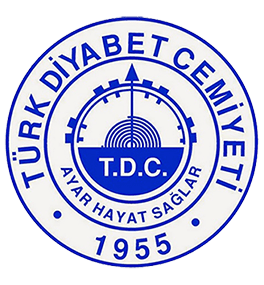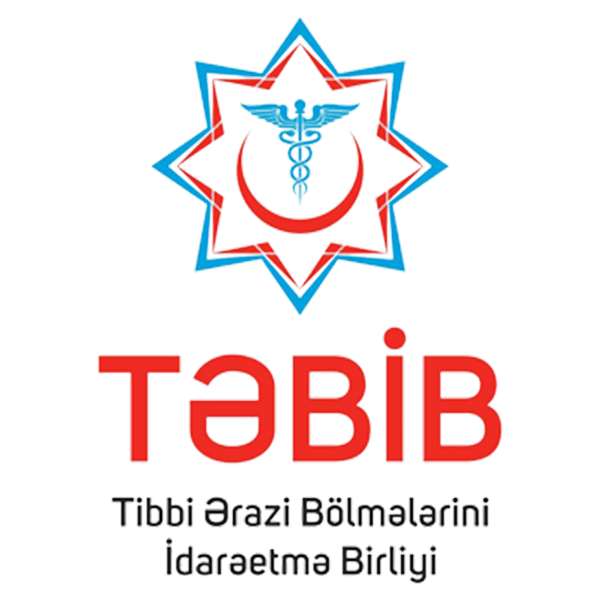What should my blood sugar be?
The American Diabetes Association recommends a blood glucose range of 80-130 before meals and less than 180 about 2 hours after a meal. This range should place your A1c under 7.
What is an A1c?
A Hemoglobin A1c is a 2-3 month average of your blood sugars. This result gives you a good idea of how well your diabetes is being managed/controlled. We recommend an A1c of less than 7 to keep the risk of complications low.
What can I eat if I have diabetes?
You can eat just about anything you want. It is about knowing proper portion sizes and how much you are putting on your plate. A dietitian can help you learn to count carbohydrates and with meal planning that is specific for you.
Why does it matter if my blood sugar is 120 or 200?
It is very important to keep your blood sugar level under control. When your blood sugar level is high, it can cause damage in your veins and arteries. This damage could lead to complications later such as heart attacks, strokes, kidney disease, neuropathies, vision problems, etc.
What foods have carbohydrates?
Fruits, starchy vegetables, milk, yogurt, rice, cereals, bread and other grains all have carbs and give you important nutrients. Many snack foods, such as pretzels, chips and popcorn, have carbs. Sweets, including regular soda, cakes, candy and cookies, also contain carbohydrates. Be sure to check the nutrition label on each food item to determine carbohydrate content.
Do I need to follow a low carb diet?
Carbohydrates are an important part of a healthy diet. With diabetes, watching portion sizes and getting most of your carbs from fruits, vegetables, whole grains and low fat milk and yogurt is key. Besides counting carbs, people with diabetes can also benefit from eating lower fat, high fiber foods and just enough calories to maintain a healthy weight.
If it is sugar free, I can eat as much as I want, right?
Sugar free foods can be part of a healthy meal plan in small amounts. Keep in mind though that some of these foods still have carbs (in the form of other sweeteners such as sorbitol, isomalt, and mannitol) and may affect your blood glucose levels. Many sugar free foods have calories and carbohydrates and lots of fat. Make sure you read the nutrition labels.















